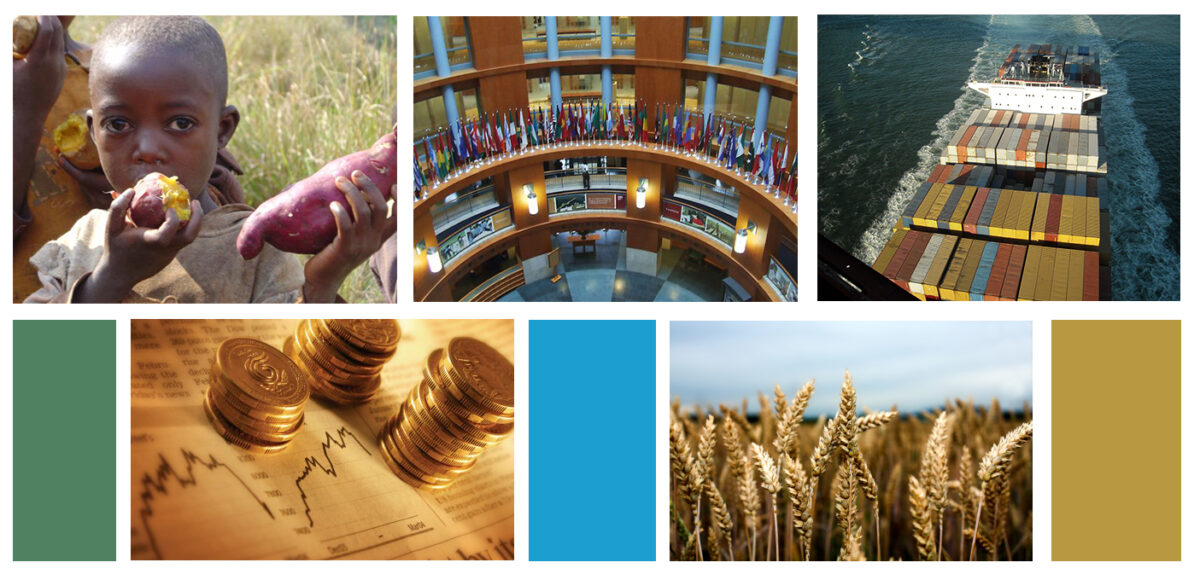Immigration, Voting and Redistribution: Evidence from European Elections
By Simone Moriconi (IESEG School of Management and LEM), Giovanni Peri (University of California Davis), and Riccardo Turati (Université Catholique de Louvain) The idea that political support for redistribution and public good provision is lower in societies with high exposure to immigration and diversity is widely acknowledged. In the US, the great migration inflows of […]

